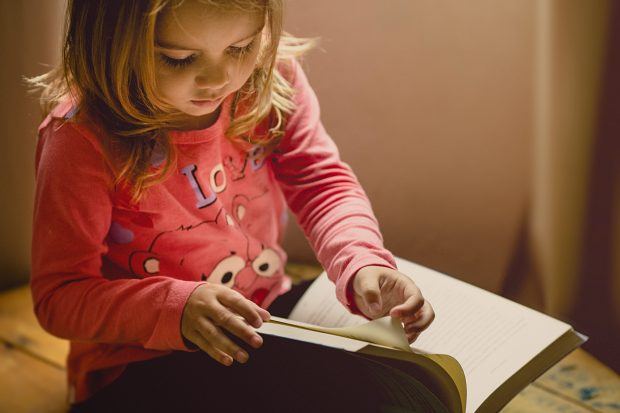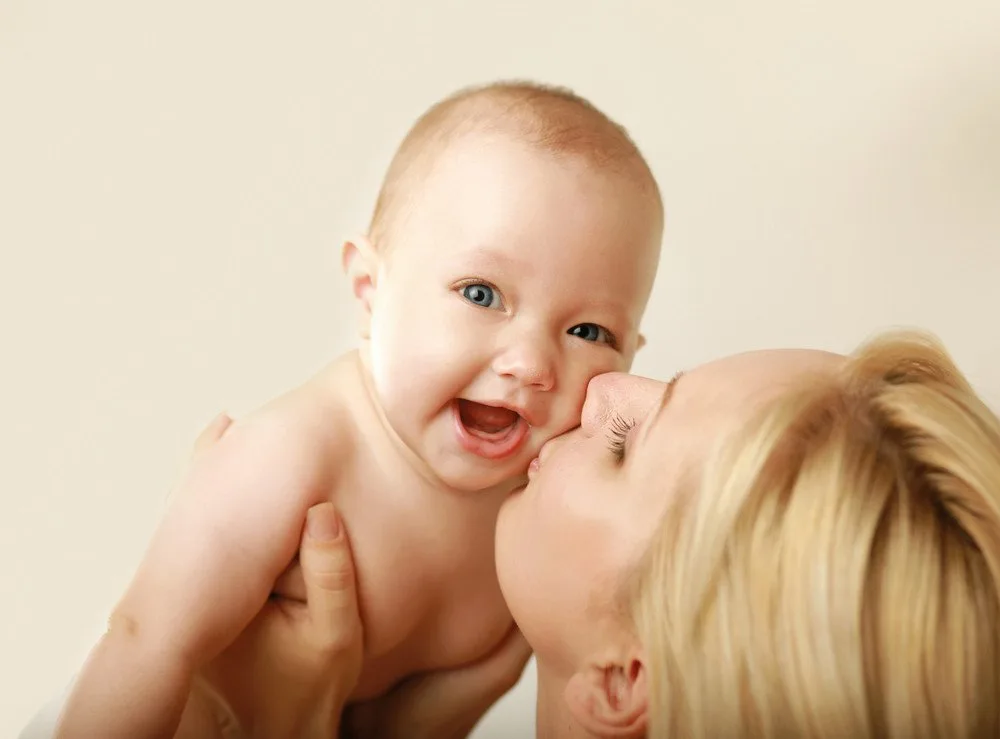Mental health is as important as a physical one, but, unfortunately, not all people pay the necessary attention to it. It’s all about our emotional, psychological, and social well-being. Having stable and thriving mental health helps to live life to the fullest. Otherwise, people may have different traumas that will not allow them to enjoy their life or even will lead to physical health issues.
It is vital to take care of your mental health, and even more so, your child’s mental health. Unfortunately, many psychological problems originate from childhood and have consequences throughout adulthood. So let’s dive into this topic and find out about babies’ mental health.
What does it mean to be mentally healthy for babies?
For sure, infants’ mental health is expressed in different ways as adults. According to experts, to be mentally healthy for babies means to be able to experience, manage and express emotions. Kids should be interested in the world around them and learn something new daily.
Why is it important?
During childhood, babies are getting much more knowledge than during all their further life. Their brain is rapidly developing and all the ideas are learned so quickly. The main point is that the first years of life become the basis for their outlook. Let’s compare a child with poor mental health and a rich one.
In the first case, a child is unenthusiastic and discouraged. He or she may cry more than usual, have signs of sadness or worry, have trouble sleeping or eating, or have language delays. Moreover, they are not into interacting with other children or adults.
Instead, babies with good mental health are interested in the environment, display rather a lot of emotions, are willing to speak with others, have timely development, and are happy.
Due to this comparison, it’s clear that parents should always monitor their baby’s mental health in order to raise healthy and prosperous people.
Are parents in charge of their mental health?
Parents or caregivers have full responsibility for their little ones. Since babies come to this world without special knowledge, parents teach them how to live. As they spend almost all their time together, they absorb every parent’s word and habit.

Photo by Jonathan Borba on Unsplash
Parents should bear in mind that each time a child becomes a witness to an unpleasant situation, it affects them in different ways. They can be potentially traumatic by a parent’s quarrel, violence, or the use of physical force. In addition, parenting style influences a baby’s well-being.
It definitely shouldn’t be authoritarian or uninvolved. Instead, children have to understand that their parents are supportive, understandable, reliable, and funny.
Sadly, one in three children has adverse childhood experiences that have negative consequences. So, remember that parents play an enormous role in their children’s lives and are fully in charge of their mental health.
What are the signs of unstable mental health?
Infants (up to 1 year)
- problems with gaining weight
- Feeding problems
- Strong reactions to touch, sound, or movement
- Limited interest in the surrounding world
- Winning or crying
Toddlers (1-3 years)
- Very little emotions
- Signs of aggression
- Language delays
- Hyperactivity
- Interference with development tasks
- Tantrums
Six Tips To Help A Child Thrive
#1 Build strong family relationships
You should work on your family’s relationship. A baby shouldn’t suffer from a parent’s aggression or other negative emotions. A calm and loving environment will have a positive effect on the healthy mental state of your little one.

#2 Encourage exploration
Always encourage your baby to explore. It’s in your charge to make a safe space for playing, crawling, and eventually walking. This will help your little ones to widen their borders, develop muscles and improve coordination.
#3 Choose healthy food
Feed your baby with the best milk and solids. Baby feeding also plays an important role in mental health. Consuming healthy and organic foods affects your baby’s well-being and, moreover, forms their eating habits that will have their place in the future.
#4 Read to your children
Read out loud as much as possible. It’s the best way to build your child’s vocabulary and boost language skills. You can show babies how interesting and captivating reading can be. Moreover, while reading you spend more time together which creates a stronger bond between you.
#5 Regular communication is key
Speak to your baby. Children often feel lonely when their parents don’t talk enough to them. Communicating will improve their speaking skills and make them more friendly. You need to teach a child to make contact with their peers in order not to have any problems in kindergarten or at school.
#6 Take care of yourself
Happy parents make babies happy, too. You will not project positivity onto your baby if you’re feeling stressed, worried, or exhausted. Try to make time for your own well-being and development.
In closing
Bear in mind that childhood mental health is just vital to maintain. Making your baby feel well, you work for their future as they will use this knowledge from their childhood.
Parents spend almost all their time with the baby and bear full responsibility for the child’s physical and mental health. So try not to hurt your baby, but only benefit their life.
Who is the author?

Dana Surovtseva
Dana Surovtseva is a mother of a 3-year-old girl. She is a primary school teacher – certified to teach Early Childhood, Early Childhood Special Education, and Elementary Education. She has a Bachelor’s Degree in Education from the University of LNU in Ukraine, and her Master’s in Education from ISEB – Instituto Superior Europeo de Barcelona. For the last half year, she has been working in Europe with children from Ukraine who were forced to move and are going through a difficult period of adaptation.



![women [longevity live]](https://longevitylive.com/wp-content/uploads/2020/01/photo-of-women-walking-down-the-street-1116984-100x100.jpg)










